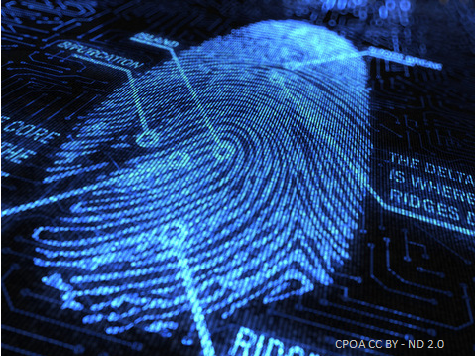“Nº13 07/2014”
An assessment of online public transparency platforms in Brazil
by Digital Rights LAC on July 30, 2014

By, Marina Barros e Rafael Velasco This May, the Access to Information Act (Law nº 12.527/2011) celebrated two years in force. A study was carried out between April and June by the FGV Center for Transparency, an initiative coordinated by Getulio Vargas Foundation’s Administration (EBAPE) and Law Schools (FGV Direito (…) Leer Artículo »
The new National ID Cards (DNI) in Argentina: more intelligent?
by Digital Rights LAC on July 30, 2014

Already by 2001, especially for a world that looked overwhelmed by the events of September 11th, new technologies settled alarm among privacy and civil rights advocacy groups, concerned by the fact that citizens would be forced to give too much information to participate in social life. By Emiliano Villa * (…) Leer Artículo »
Human rights as a bargaining chip: the case of #LeyTelecom
by Digital Rights LAC on July 30, 2014

The recent approval of a new Telecommunications Law in Mexico uncovers an outrageous reality where the political process behind the transactions have converted human rights into a bargaining chip. Francisco Vera, NGO Derechos Digitales. After an exhausting and prolonged battle by human rights activists from Mexican civil society, the draft (…) Leer Artículo »
Sharing is Not a Crime
by Digital Rights LAC on July 30, 2014

Diego posted a thesis from the “Master’s Program at Universidad Nacional de Colombia” on Scribd, five years after the piece of work was published and set available to the users of the University Library. Now, Diego is facing a penal process for violating copyright, something which could result in 4 (…) Leer Artículo »
What do free trade agreements have to do with your ability listen to music online? A lot more than you would expect…
by Digital Rights LAC on July 30, 2014

By, Tyler Snell* A growing pernicious trend that is greatly affecting digital policy around the world is called “policy laundering” – the use of secretive international trade agreements to pressure countries to commit to restrictive or overly broad laws that would not ordinarily pass a transparent, democratic process. Not (…) Leer Artículo »





